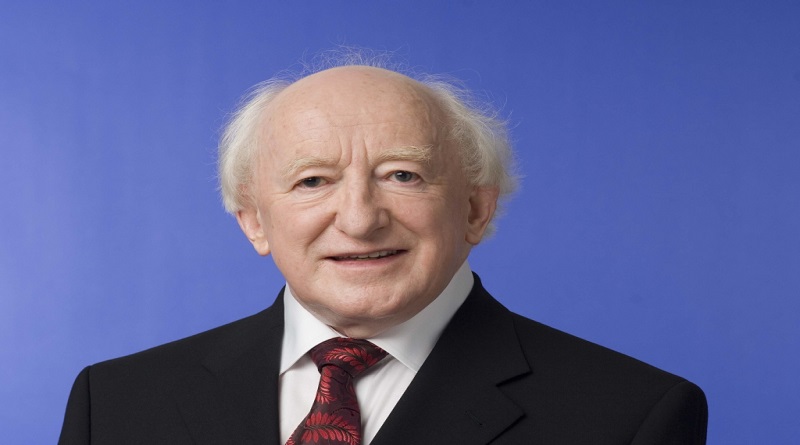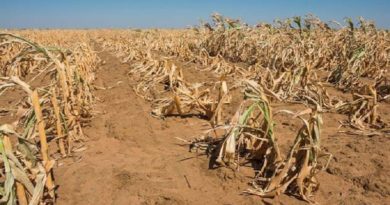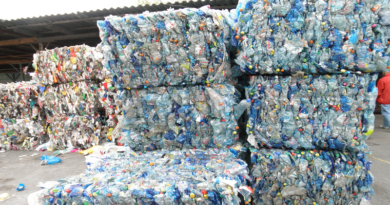Ireland to invest £22bn in low-carbon, climate resilient society
The Government of Ireland has announced it will invest €22 billion to transition the country to a low carbon and climate resilient society, aiming at almost zero emissions by middle of the century.
According to the country’s National Development Plan published this month, the funds are to be primarily deployed to reduce carbon emissions from transport, agriculture and the energy sector, along with flood defenses.
“While Ireland clearly faces a very significant task in reducing its greenhouse gas emissions, the current profile of which reflects the particular structure of our economy, action can be taken now to position Ireland to harness significant benefits from realising a low-carbon economy,” the report says.
“These include, for example, the creation of sustainable green jobs, sustainable food production, deepening our energy security, and making the environment healthier.”
The plan includes the creation of a new climate action fund with a promised initial investment of €100 million and an annual income of €50 million.
Taking action is crucial for Ireland help meet the goals of the Paris Climate Change Agreement.
Last year, Ireland’s greenhouse gas emissions increased by 3.5%, mainly due to increased activity in the agriculture, energy and transport sectors.
The central goal of the Paris Climate Change Agreement is to limit the global average temperatures to rise well to below 2 degrees Celsius above pre-industrial levels and to pursue efforts to limit the temperature increase to an even lower 1.5 degrees Celsius.
Some of the projected impacts of man-made climate change projected on Ireland are more intense storms and rainfall events, increased likelihood and magnitude of river and coastal flooding and water shortages in summer in the east of the country.
To help stave off the worst impacts of climate change, Ireland aims to reduce is greenhouse gas emissions by 80- 95% by 2050, in line with what science says is required.
The new plan aims to phase out the use of coal and the burning of peat for energy generation by 2030. The country also plans a ban of the purchase of all diesel and petrol vehicles by 2030. Electric buses for public transportation will be widely introduced from 2019 and from 2021, approximately 30,000-45,000 homes will be made more energy efficient every year.




